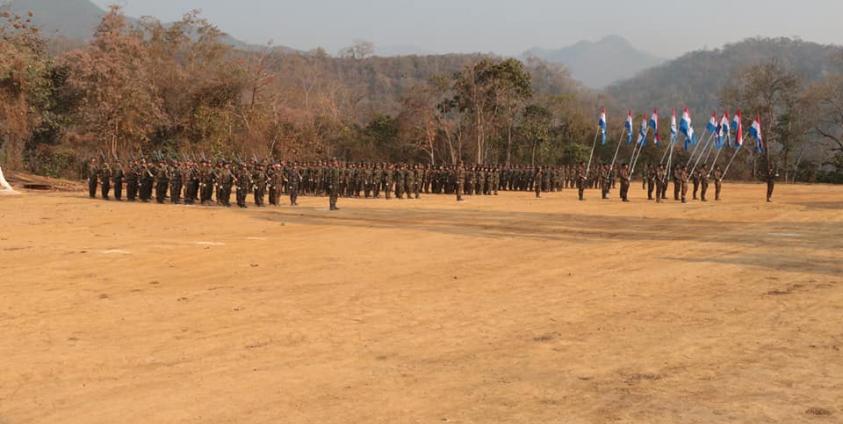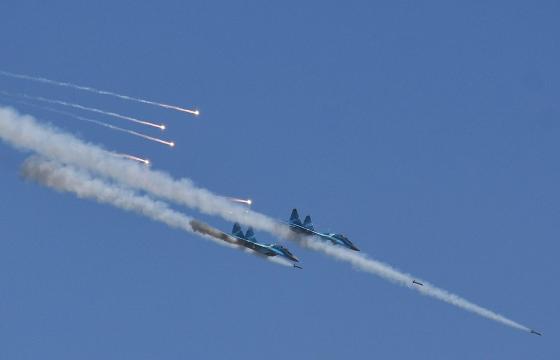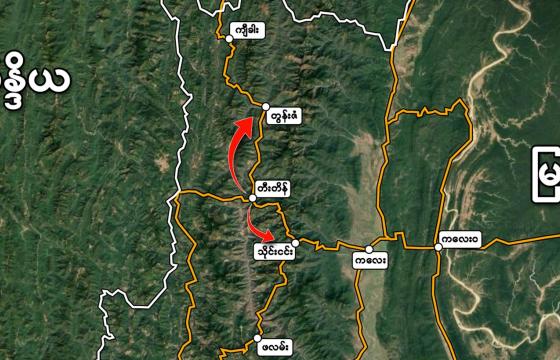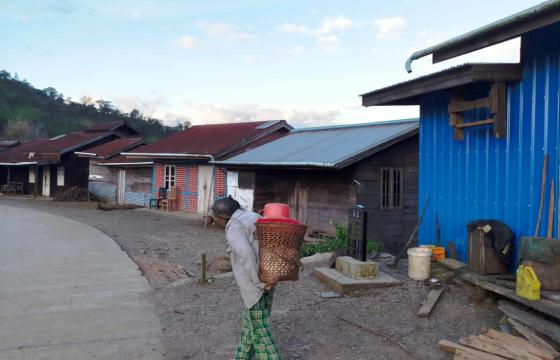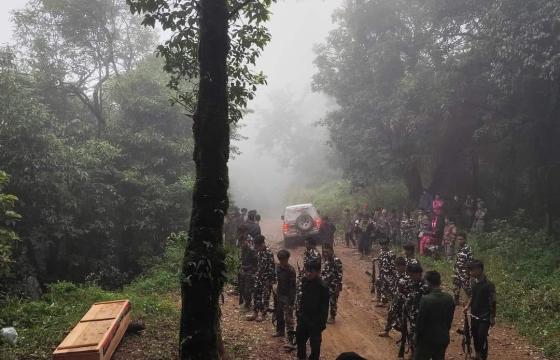Chin State — Dr. Ngai Tam Mawng, the leader of the coordination team, has stated the formation of a coordination team under the Working Committee for the Chinland Council Conference (WCCCC). Its primary objective is to ensure the participation of all Chin revolutionary forces, including those members who were unable to attend, in the establishment of the Chinland Council.
Dr. Ngai Tam Mawng remarked, "Our primary focus is on the members currently engaged in the CJDC (Chinland Joint Defense Committee). Subsequently we will proceed with negotiations. At this point, we are initiating from the ground up, prioritizing the establishment of trust. To facilitate broad participation, our coordination team has been formed, including individuals within the existing member base."
During the Chinland Council Plenary Meeting, attendees included the Chin National Front (CNF), Chin Hluttaw representatives, and representatives from 16 township and region-based organizations. However, it was noted by the leader of the coordination team that the two Chin Defense Forces did not participate in the meeting, which was held at a location along the India-Myanmar border.
The Chin National Organization (CNO/CNDF) from Falam Township and the Zomi Federal Union (ZFU) from Tedim Township were notably absent from the meeting held from September 7 to 9.
Following the coup d'état, the Interim Chin National Consultative Council (ICNCC) was established by four Chin revolutionary factions. This initiative aimed to work towards the formation of the Chin State government, but the process remained incomplete.
Subsequently, either the CJDC, comprising 18 Chin Defense Forces, or the joint effort of the CJDC and ICNCC, attempted to establish the Chinland Council and the Chin State Government, but these endeavors ultimately proved unsuccessful.
CNO/CNDF Policy Spokesperson Salai Peter Thang explained their decision, saying, "We chose not to participate because we couldn't establish the necessary trust in the CNF, who called for this meeting at the moment. The ICNCC and CJDC were making efforts to collaborate, so it's puzzling why this minor issue disrupted the process. If only CNF had participated back then, the formation of the Chinland Council might have already been achieved. The Chin State government may have even preceded the establishment of the Kayah State government. We're perplexed as to why CNF didn't engage at that time."
Salai Peter Thang further explained."At that time, they chose not to participate and withdrew from the process, and now they are establishing a separate committee within their own sphere. Presently, they are in the process of forming an organizing committee based on the preliminary coordinating meeting. They are essentially starting anew. Managing differing perspectives among the 18 CJDC groups, tribal leaders, and township leaders is always a complex task, and obtaining a consensus draft from all 18 groups is no small feat. However, they are now embarking on this process once more, and we find it challenging to comprehend why. Building trust remains a significant challenge."
He expressed the view that if the Chin National Front (CNF/CNA) shifted from the "Father of All" mindset to adopting the "One Among Us" approach, the CNO/CNDF would warmly welcome it.
Dr. Ngai Tam Mawng mentioned that during the plenary meeting, a draft for the Chin State Constitution was introduced by the Hluttaw representatives and the CNF as a framework. The draft was then discussed by the 108 representatives in attendance.
Following the establishment of the Working Committee for the Chinland Council Conference (WCCCC) on September 22, the Chin State Constitution will be formulated based on the discussions among the representatives. Subsequently, the formation of the Chinland Council will be executed in alignment with the provisions of this constitution.
On September 22, a decision was made to establish a coordination team responsible for engaging in negotiations and building trust with the Chin revolutionary forces. The aim is to ensure the involvement of all Chin forces, including those members who were unable to attend, in the establishment of the Chinland Council.
As a result, the required arrangements for hosting the Chinland Council conference are progressing rapidly. This process will ultimately lead to the formation of the Chin State government, comprising the three key pillars of legislation, judiciary, and administration.
The WCCCC official explained that the Working Committee for Chinland Council Conference (WCCCC) comprises one Hluttaw representative from every township, five from the CNF/CNA, and one representative from each township and region-based administration and defense.
The official mentioned that further discussions will take place in the upcoming months to conclude the Chin State Constitution and expedite the convening of the Chinland Council Conference.
The Chin revolutionary forces have been striving to establish the Chinland Council for over 2 years.


